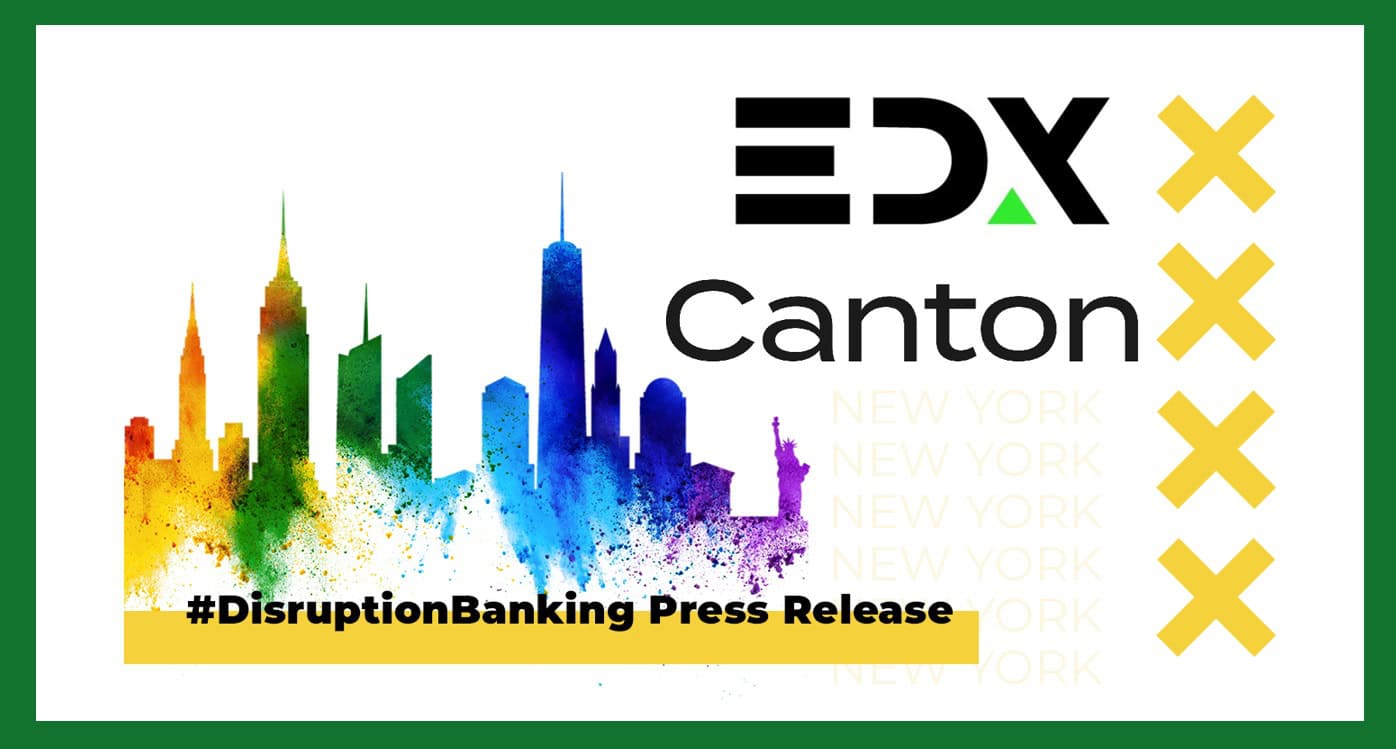By Nkechi Oguchi, Chief Community & Marketing Officer, Itana
For many African founders, incorporating in Delaware has become the default option. The US state is widely known as the preferred jurisdiction for start-ups looking to attract global capital. Venture capitalists, accelerators, and angel investors often cite Delaware C-Corps as their preferred investment vehicle. The logic is straightforward: if investors like it, then creating one must automatically make a start-up more investable.
But the reality is more complicated. Incorporating in Delaware is not a golden ticket to funding. Nor is it necessarily the best fit for every African start-up. What many entrepreneurs don’t immediately recognise is that, behind the allure of Delaware, lies a series of hidden costs, regulatory obligations, and other trade-offs that every founder should carefully weigh before jumping in.
Delaware’s Limits
The appeal of Delaware is rooted in predictability. Its corporate law is among the most developed in the world, its courts are experienced in handling business disputes, and investors are deeply familiar with the system.
These factors reduce friction when raising capital, especially from American VCs who may be reluctant to navigate the complexities of African legal systems that they are not always accustomed to.
However, while Delaware incorporation can remove some barriers, it does not automatically create momentum. Investors still look for fundamentals: a strong founding team, market traction, scalable technology, and a clear path to profitability. A Delaware C-Corp without these elements is no more attractive than a locally registered company.
Moreover, start-ups often underestimate the ongoing costs. Filing fees, registered agent services, annual franchise taxes, and compliance with US regulations quickly add up. For lean African ventures, these costs can divert scarce resources away from actually building the business.
Risks from Abroad
There’s also exposure to policy changes far beyond the control of African founders. For instance, recent proposals in the US to impose a $100,000 annual fee on H-1B visas could dramatically raise the cost of bringing talent into the country.
While still under debate, such measures highlight how dependent Delaware entities are on US regulatory shifts—whether around immigration, taxation, or corporate governance.
Of course, a US entity might make sense for some companies, especially those targeting the American market. But for many African start-ups, whose core customers, employees, and growth opportunities are on the continent, an exclusive Delaware focus can be misaligned.
The Local Disadvantage
By incorporating only abroad, founders often handicap themselves at home. Without a local entity, they may face hurdles in opening bank accounts, securing operating licenses, or accessing government incentives. They may also struggle to hire staff legally or to establish credibility with regulators and local partners. This in turn can limit their effectiveness and deter potential investors, including those from abroad.
This disconnect can leave companies in a no-man’s land — registered in an attractive jurisdiction on paper to foreign investors, but less equipped to execute in their primary markets. Worse, it may limit their ability to tap into the emerging ecosystem of African development finance institutions, local venture funds, and government-backed innovation programmes — all of which increasingly support locally domiciled businesses.
A Hybrid Approach
What’s the alternative? A “both/and” model. Rather than choosing between Delaware and Africa, founders can structure their companies to capture the benefits of both.
This typically means establishing a Delaware (or other international) entity for fundraising, while simultaneously setting up a local operating company to anchor activities on the ground. Under this model, investors gain the legal clarity and protections they seek, while the start-up retains operational flexibility, local eligibility, and stronger ties to its core, domestic market.
This hybrid approach also provides resilience. Should US policy shifts make Delaware less favourable, at least for a time, the African entity ensures business continuity. Conversely, if local regulations evolve in restrictive ways, the international entity provides an alternative platform for growth.
Building With Intention
At Itana, Africa’s first digital special economic zone, we see first-hand how important structural decisions are for founders. Too often, incorporation is treated as a box-ticking exercise or bureaucratic headache rather than a strategic choice. But in reality, corporate structure shapes everything from investor relations to tax exposure to talent acquisition.
The key is to build with intention. Founders should ask: Where are my customers? Where is my talent? Where will my investors come from? The answers will inform the right mix of local and international incorporation. For some, Delaware may be essential. For others, Mauritius, the UK, or even purely local structures may serve better. For most, a combination will offer the strongest foundation.
Rethinking
African start-ups are rightly ambitious. They want to scale beyond borders, attract international investors, and compete globally. But ambition should not mean adopting default solutions without scrutiny. While offering benefits for certain companies, Delaware does not provide a magic stamp of legitimacy, nor is it a prerequisite for success.
What drives investment, ultimately, is performance and potential. Investors back teams that execute well, solve real problems, and demonstrate traction. Incorporation can smooth the path, but it cannot substitute for tangible progress.
As Africa’s innovation ecosystem matures, founders should feel empowered to design structures that reflect their own concerns and realities, and not feel bound by what others have traditionally expected. By blending international credibility with local grounding, they can unlock growth, flexibility, and security on their own terms.
Delaware will no doubt long continue to play a role in Africa’s start-up story. But incorporating there should be a strategic choice, not a reflex. The continent’s entrepreneurs deserve structures that best serve their ambitions. While overseas jurisdictions can play a role in that, more often than not the answer also lies closer to home.














